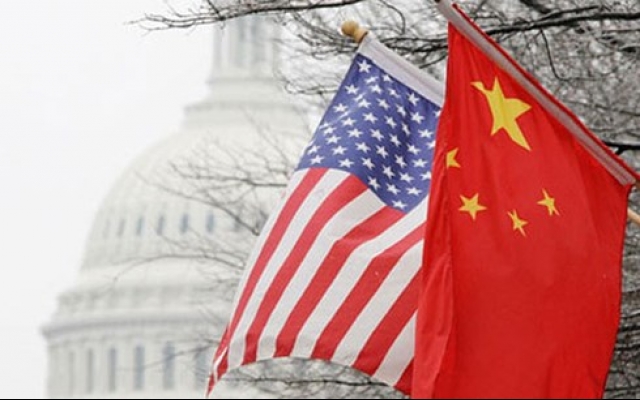Dr. Khoon Goh, Head of Asia Research at ANZ, looks at what's ahead for growth in Vietnam.

ANZ has forecast strong GDP growth this year and next year in Vietnam, of 6.8 per cent and 7.0 per cent. What are main reasons behind the country’s growth?
This growth is expected to be driven by the industrial sector and a broadening of the manufacturing base. The construction sector is also expected to contribute positively.
Vietnam has been successful in attracting FDI, which totaled $14 billion in 2017, an increase of 12 per cent from the previous year. We expect this trend to continue as Vietnam remains an attractive FDI destination for multinationals.
Are there any significant challenges facing Vietnam’s economic growth this year?
At present, inflation is above 4 per cent year-on-year but is expected to moderate later in the year. Given strong economic activity, it is important to ensure that inflation remains well contained and below the central bank’s inflation target. Managing credit growth so that it does not continually expand at a faster pace than nominal GDP is also important in stabilizing the debt-to-GDP ratio.
What effects do you think US - China trade tensions will have on Vietnam’s economy?
The effects are yet to be felt in Vietnam. While rising trade protectionism is negative for global trade in aggregate, its effects on Vietnam are likely to be less compared to other countries. Vietnam could see more manufacturing production being shifted to the country to export to third markets. With Vietnam being a signatory to the CPTPP and currently negotiating the RCEP and a free trade agreement with the EU, the successful conclusion of all these agreements will only enhance Vietnam’s attractiveness as a destination for FDI.
What should the Vietnamese Government do to maintain sustainable economic growth?
The outlook for Vietnam’s economy is positive. But it is important to manage strong growth and avoid a build-up of imbalances. This includes ensuring that inflation is under control, the current account surplus can be maintained, and credit growth does not run too far ahead of the economy. Allowing the Vietnam dong to be more flexible has been a positive step in maintaining growth.
VN Economic Times